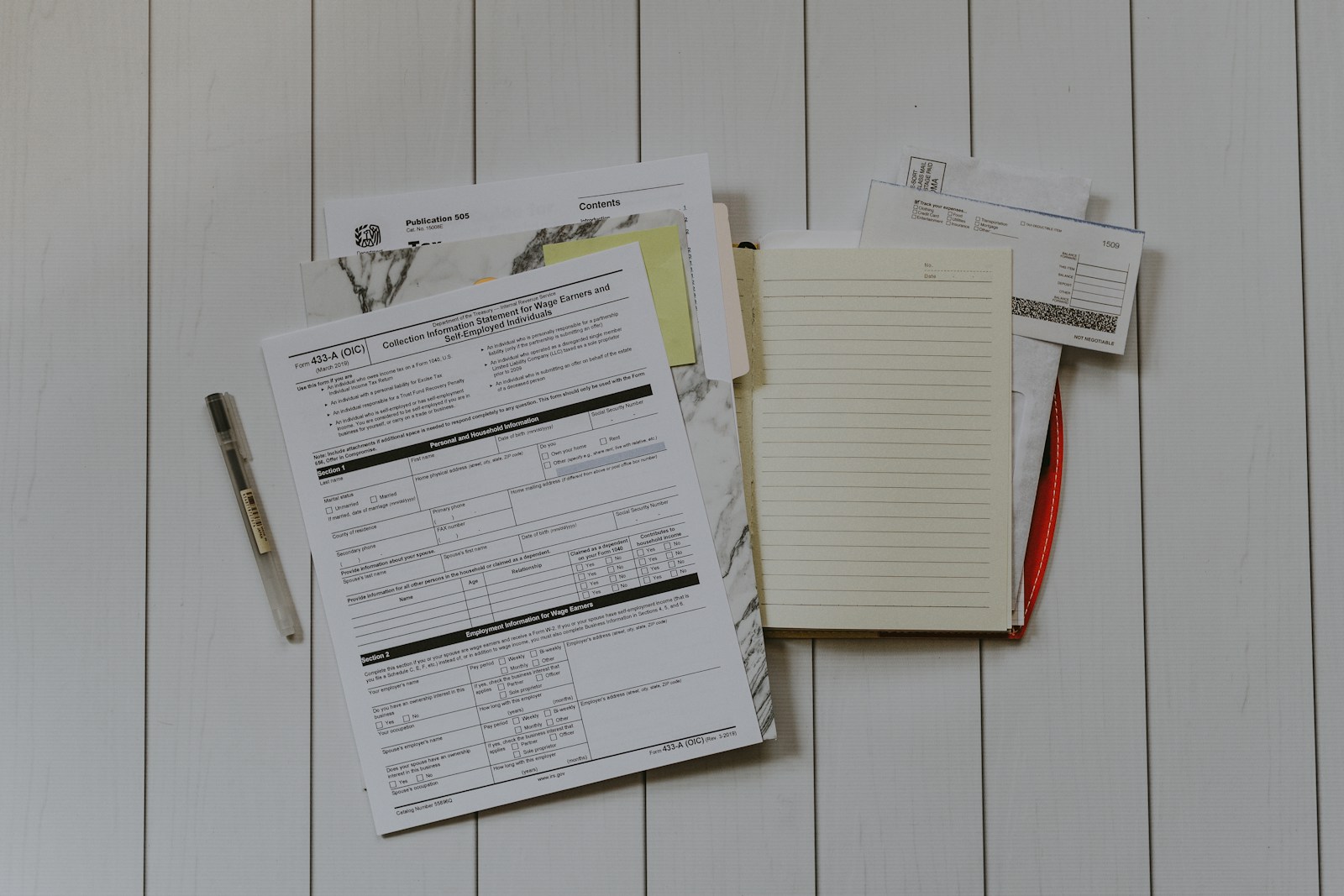1. Aging Payables
Aging payables refer to bills that have been due but remain unpaid. As a property manager, it’s essential to regularly review outstanding invoices. Here’s what you should consider:
- Check overdue bills: Identify any bills that have exceeded their due dates.
- Follow up: Reach out to vendors or service providers to ensure timely payments.
- Assess impact: Late payments can affect your cash flow and vendor relationships.
2. Bank Reconciliations
Bank reconciliations are crucial for maintaining accurate financial records. Here’s what to look for:
- Balance check: Verify that your bank statements match your accounting records.
- Unreconciled items: Investigate any discrepancies between the two. Unreconciled items may include outstanding checks or deposits.
- Regular reconciliation: Perform bank reconciliations monthly to catch errors promptly.
3. Diagnostics and Balance Sheets
While some property management systems offer diagnostics tools, you can achieve similar results by auditing your balance sheets:
- Cash accounts vs. liabilities: Compare cash balances (including security deposits) with corresponding liabilities.
- Owner Funds vs Bank Balances:
- Identify discrepancies: Look for inconsistencies between the two. Discrepancies may indicate errors or missing transactions.
- Rectify issues: Address any discrepancies promptly to maintain accurate financial reporting.
4. Trust Account Balance
Trust accounts hold funds on behalf of owners and tenants. Ensure the following:
- Hidden negative balances: Review trust accounts thoroughly. Hidden negative balances can lead to legal and financial complications.
- Property Closeouts: This one area can lead to hidden properties with non-zero balances, consider having a checklist prior to closing out your properties.
- Move Out Accounting: This is also essential to maintaining the proper balances in your trust account, if you have differences between Escrow Cash and Deposit Liabilities, consider reviewing your move-out accounting flow.
5. Dashboard Evaluation
Your property management dashboard serves as a vital tool for decision-making. Consider the following:
- Clarity and organization: Is your dashboard easy to understand? A cluttered or confusing dashboard can hinder effective planning.
- Actionable insights: Use your dashboard to track key metrics, such as occupancy rates, rent collection, and maintenance requests.
- Clean it up: If your dashboard is messy, take the time to organize it. A well-structured dashboard enhances efficiency.
Remember, maintaining accurate financials is essential for successful property management. If you need assistance or have questions, consider partnering with Hawk Operations, Inc. We specialize in property management and can help you navigate these aspects of your business. Feel free to reach out for expert guidance! 🏢💼
If you’re looking for a reliable partner to handle property management accounting, Hawk Operations, Inc. is here to assist you. Our expertise ensures smooth financial management, allowing you to focus on growing your business. Contact us today!






